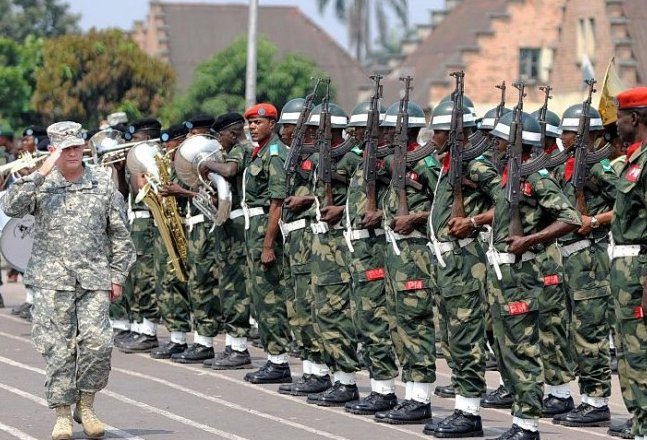Under the clear terms of the Taiwan Relations Act, the U.S. is obligated to make available the hardware and services necessary for Taiwan’s defense. This obligation is a critical component of U.S. policy in the Western Pacific, as it ensures that, in the event of a cross-Strait conflict, Taiwan will not be overwhelmed by a technologically superior People’s Liberation Army.
In order to meet this obligation, the U.S. should provide Taiwan with the equipment necessary to help it secure control of its own airspace.
Failure to do so will only spark uncertainty about America’s resolve to meet its global commitments, uncertainty that will only further embolden an already confident China.
The ongoing debate over the sale of F-16s to Taiwan is part of a larger question involving the obligation of the United States under the Taiwan Relations Act (TRA) to make available the hardware and services necessary for Taiwan’s defense. The TRA and President Ronald Reagan’s subsequent “Six Assurances” to Taiwan make clear that American arms sales to Taiwan would be based solely on Taiwan’s defense needs—and would be made without consulting the People’s Republic of China (PRC).
The provision of aircraft and other assets to ensure that Taiwan can control its own airspace is an essential part of Taiwan’s self-defense capacity. In the event of a cross-Strait conflict, the People’s Liberation Army (PLA) would seek to control the airspace over the Taiwan Strait and the island itself. The ability to impose such control, however, requires that the PLA, and especially the PLA Air Force (PLAAF), devote substantial resources to aerial hardware and technology.
Therefore, the United States, per its international commitments and domestic laws, should provide Taiwan with the equipment necessary to help it secure control of its own airspace. This equipment should include the sale of new advanced combat aircraft, such as the F-16 C/D, so that Taiwan’s air force is not outclassed by the PLAAF.
[Download not found]










